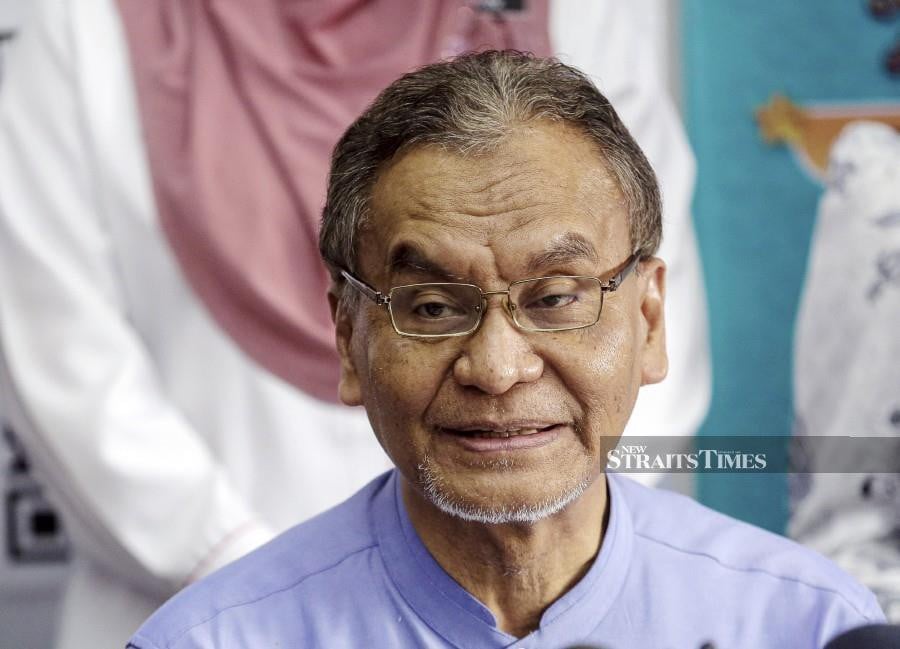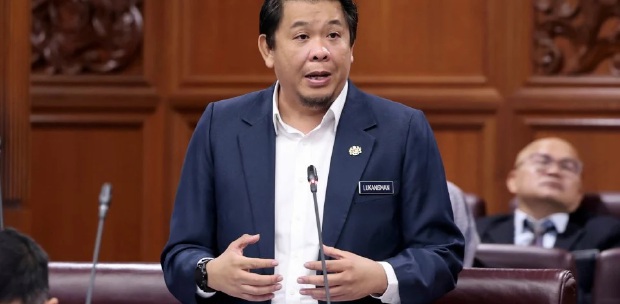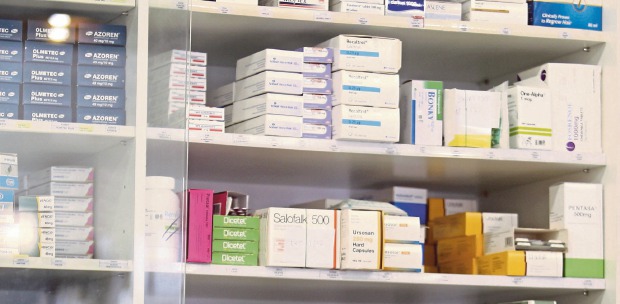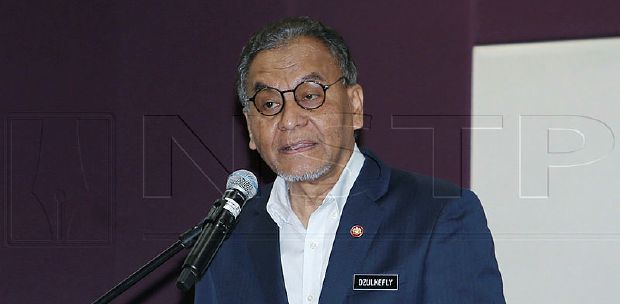KUALA LUMPUR: An increase in the costs of procurement of pharmaceutical supplies, particularly medicine and vaccines were among the factors leading to the Health Ministry surpassing its allocated budget of RM4.9 billion for 2023.
Its minister Datuk Seri Dr Dzulkefly Ahmad said the increase in cost was due to the hike in the cost of pharmaceutical supplies in the global market which resulted in an expenditure of RM571.54 million.
"The expenditure exceeded the allocation of RM4.9 billion and what was particularly noticeable was the high demand for medications and vaccines following the pandemic transition."
He added one of the major contributors to the increase in costs was also due to the demand for pharmaceutical products removed from the approved products purchase list (APPL) list following the expiration of the concession agreement with Pharmaniaga Bhd (Pharmaniaga) on June 30, last year.
"Following the demand for products removed from the APPL list and Pharmaniaga's contract expiration, we experienced a sudden hike in the prices of up to five times when purchased through tender.
"Either through central procurement or tender, the prices increased and there were situations where we had some (products) prices increased by 200 to 300 per cent," he said during the ministry's winding-up speech on Supplementary Supply Bill (2023) 2024 in Dewan Rakyat, today.
The bill allocates a withdrawal limit of no more than RM23,479,669,350 from the Consolidated Fund to cover additional service expenditures. The Health Ministry was allocated RM687,892,500.
Meanwhile, Dr Dzulkefly also outlined three methods for the ministry's procurement of medications.
He said the first method includes central procurement where the ministry directly manages and supervises the process.
"Secondly, procurements are handled by concession holder Pharmaniaga through APPL and the last one involves healthcare facilities procuring supplies through a tender process, capped at RM500,000."
In 2022, Pharmaniaga received a conditional agreement to extend its provision of medical supplies to the government for 10 years, pending finalisation of the terms.
In 2023, the company was classified as a Practise Note 17 (PN17) company after posting a net loss of RM664.39 million in the fourth quarter of FY2022, and having to make provisions of RM552.3 million for unsold Covid-19 vaccines in stock.
A PN17 company is a listed company that does not have a core business or has failed to meet the minimum capital or equity requirements and shareholders' funds.
Pharmaniaga's services were then extended for another six months, pending the finalisation of a new concession agreement.
In January this year, it entered into a seven-year concession agreement with the Health Ministry to procure, store, supply and deliver medical products to offices and facilities operated and controlled by the ministry in Malaysia.
Under the terms, the agreement takes effect retrospectively from July 1 last year and remains in force for seven years until June 30, 2030 subject to earlier termination.







